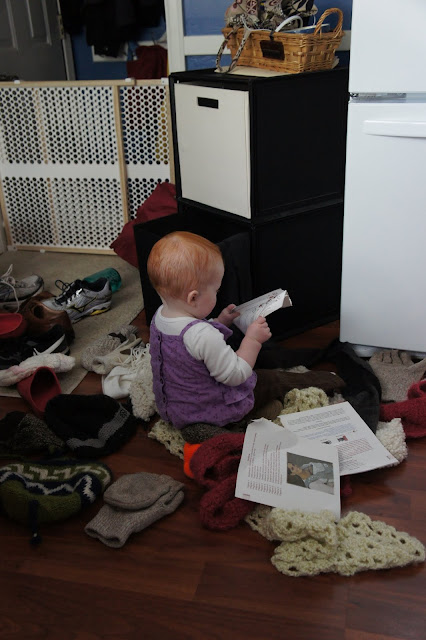The Immortal Life of Henrietta Lacks
By:
Rebecca Skloot
What kind of read is it?
It’s non-fiction but reads like a novel. It tells three stories at once about
Henrietta, her cells in science, and her family’s struggle. Overall, it is very easy to read and
fascinating.
Why did I read it?
I heard
Kerri Miller talking about how amazing it is on
MPR. She was gushing about how people
who aren’t interested in science (ME!) are taken with it. And then, Kaylee showed up with it under her
arm saying I should read it.
Favorite quotes from the book?
Can’t tell you word for word, but during the laboratory
scene with Deborah and Zakarriyah, there is a comment made about how hate will
eat you up, and you must refuse to have that response to injustice. Wow. Coming from Deborah, it meant a lot.
What will I remember most about this book?
1. The consequences of cyclical poverty that
Henrietta experienced, and thereby her kids too. Not being taken care of, marrying cousins,
common illness and mistreatment etc. And the
horrifying childhood experiences of Deborah, Zakarriyah, and Elsie. It’s hard to reconcile those with my life experience
– which makes this book important for me to read.
2. Science Ethics.
Holy cow. I had no idea “science”
was getting away with some crazy stuff within the last 100 years. Testing without consent or explanation.
Injecting people with cancer cells just to see if they survive, giving people
radiation to understand what happens without telling them… there is so much
mind-blowing stuff that happened in science during my grandparents’
lifetime. I am thankful for the
developments in science, but there are still ways I think we have a long way to
go.
3. I am personally thankful for Henrietta's cells. Without them we wouldn't have (among many other things) the polio vaccine and chemotherapy.




























